#Otto von Bismarck
Text
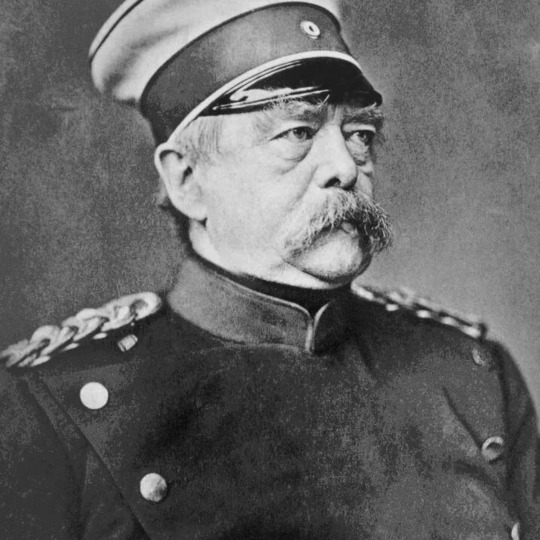
“Anyone who has ever looked into the glazed eyes of a soldier dying on the battlefield will think hard before starting a war.”
— Otto von Bismarck
#otto von bismarck#literature#lit#literature lover#literature quote#literature quotes#philosophy#philosophical#philosopher#philosophers#philosophy of life#philosophy quote#philosophy quotes#quote#quotes#excerpts#excerpt#quoteoftheday#booklover#book#bookworm#books#book quotations#book quotes
47 notes
·
View notes
Text
Es gibt kaum ein Wort heutzutage, mit dem mehr Missbrauch getrieben wird als mit dem Worte 'frei'. Ich traue dem Wort nicht, aus dem Grunde, weil keiner die Freiheit für alle will; jeder will sie für sich.
There is hardly a word more abused these days than the word 'free'. I don't trust the word, for the reason that nobody wants freedom for everyone; everyone wants it for themselves.
Otto von Bismarck (1815 – 1898), German politician, first chancellor of the German Empire
80 notes
·
View notes
Text
German Unification But It's Tumblr
👑wilhelm1 follow
what if you wanted to have a good day but God said ✨constitutional crisis✨
👑wilhelm1 follow
if this gets more than 5 notes, i'll abdicate
⚔️warministervonroon follow
@/ironchancellor



🩸ironchancellor follow
IRON AND BLOOD MOTHERFUCKERS
🩸ironchancellor follow
i see you all trying to cancel me for this when i'm objectively correct. has everyone forgotten what happened 12 years ago?

🩸ironchancellor follow
this is a callout post @christiantheninth i saw you change the laws around schleswig-holstein even though you said you wouldn't
🩸ironchancellor follow
@/franzjoseph lets get his ass

🩸ironchancellor follow
this is a callout post @/franzjoseph he let his ministers breach our joint sovereignty over s&h
🩸ironchancellor follow
@vemmanualii lets get his ass

🩸ironchancellor follow
this is a callout post @napiii his envoy was super rude to my king
🩸ironchancellor follow
you. me. dennys parking lot at 3 AM @motlketheelder @warministervonroon y'all got my back, right?
🩸ironchancellor follow
WE WIN THESE BITCHES

#he means what he says#history shitposting#otto von bismarck#prussian shitposting#german history#fake posts#unreality
29 notes
·
View notes
Photo
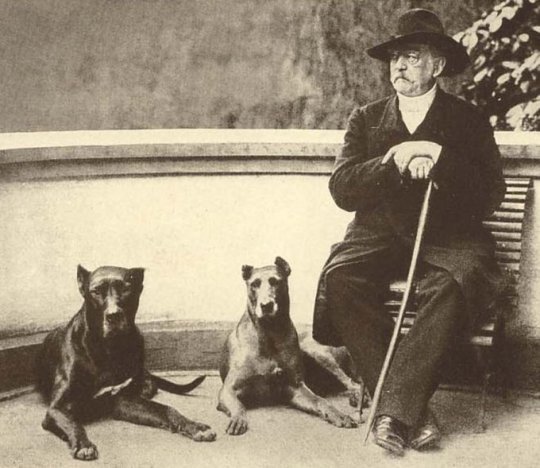
"People never lie so much as before an election, during a war, or after a hunt."
Otto von Bismarck
405 notes
·
View notes
Photo
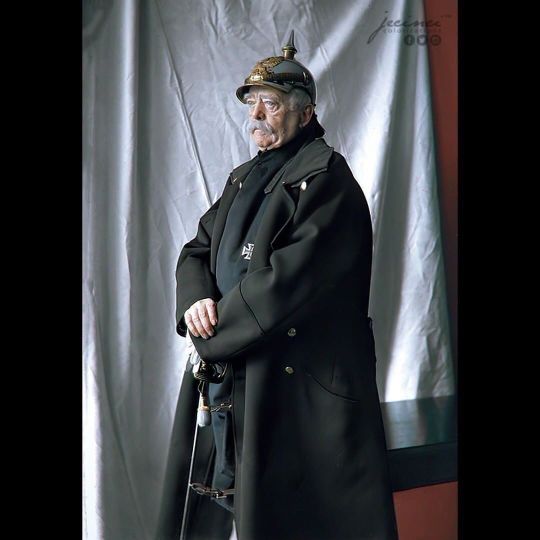
Be polite; write diplomatically; even in a declaration of war one observes the rules of politeness.
- Otto von Bismarck
#bismarck#otto von bismarck#quote#german#prussian#politeness#diploacy#war#rules#custom#statesman#icon
169 notes
·
View notes
Text
Never believe anything in politics
until it has been officially denied.
(Otto Von Bismarck)
36 notes
·
View notes
Text
Bonus Round: Best Chancellor
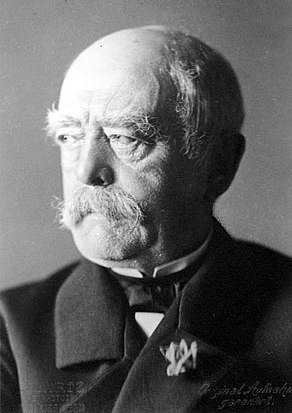

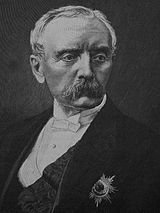
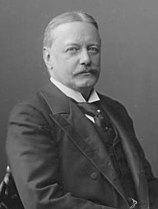
Otto von Bismarck (1871-1890)
The Iron Chancellor
With a man as talented and powerful as Otto von Bismarck, it is hard to know where to start when outlining his accomplishments. His rule over Prussia and later Germany totaled a combined thirty years, during which he upended the global order and reshaped the map of Europe as we know it today. His title of "The Iron Chancellor" originates from the iron grip he had over both German and international politics, as well as one of his most famous speeches.
Bismarck's greatest accomplishment was no doubt the unification of this great state of Germany, which he accomplished through both shrewd diplomacy and skillful warmaking. His wars against Denmark, Austria, and France propelled Prussia to new heights and allowed for the declaration of the German empire in 1871. As Bismarck had said 9 years prior to that exalted date, "the great questions of the day will not be decided by speeches or majority decisions, but by iron and blood"
Nations that claim power on the world stage by way of military might or economic excellence still kneel before Germany when it comes to care for their citizenry. Under Bismarck, Germany passed groundbreaking laws providing aid for injured or sick workers who could not earn a living for their families. Later, those benefits were expanded to aging or disabled citizens, creating the first social welfare program in Europe. It is my hope that countries with prospering upper classes may take a page from Germany's playbook and allow the government to care for those workers which have ensured its economic success. (Real subtle - T)
Leo von Caprivi (1890-1894)
A moment's pity for the poor man who must stand in the footholds of giants. How can one hope to compare to the eminence of Otto von Bismarck? Caprivi gave his answer by ripping to shreds one of Bismarck's foreign policy achievements, our former Reinsurance Treaty with Russia. This was a treaty that protected Germany from her greatest fear: a two (or three or perhaps even four!) front war, the Gallic rooster to our West and the Russian bear to our east. Why, then, would he not reinsure this treaty? Perhaps Russian reproachment with France was already a foregone conclusion; maybe he placed more value on Austria-Hungary and Italy than Russia; one scholar I've become familiar with has proposed that maybe his brain was "riddled with the worms of idiocy." The histrionics of the critics has never moved me. War will not come between Germany and Russia. A piece of paper changes nothing.
Caprivi realized that Germany would maintain her pre-eminence in Europe through either war or trade. For the first time, we chose industry. Commercial treaties were forged with an assortment of European nations including Austria-Hungary, Italy, Belgium, and Spain. He even ended a trade war with Russia, giving Germans access to cheaper Russian agriculture products. (What? Were the Merkel jokes too easy? -L)
Chlodwig zu Hohenlohe-Schillingsfürst (1894-1900)
Perhaps the greatest thing to say about Hohenlohe is that he was nobody's first pick for the job. Other names had been floated, but those picks proved too controversial. Hohenlohe, albeit aged, was a safe choice and caused the Kaiser no scandal. He served inconspicuously, which is to say without distinction. His cabinet was shuffled and reshuffled without his input and he found the winds of change blowing past him faster than he could react. A chancellor in name only, disempowered to enact any sorts of policies in the vein of predecessor. The most he achieved were reforms to the Prussian Military Law and the Law of Associations. In 1900, Hohenlohe took himself out of his misery and retired. Like his reactions to cooling relations with Russia and Britain, it came too little, too late. He died a year later.
Bernhard von Bülow (1900-1909)
The position of the Chancellor in the early 20th century increasingly seems like an ornate title for the caregiver of the Kaiser. After Wilhelm II inflamed tensions between Germany and France during the Morocco Crisis, it fell upon von Bülow to clean up the debacle. He represented the Kaiser at the Algeciras Conference, a meeting meant to defuse the tensions of the aforementioned crisis. Germany was humiliated, her terms discarded and the alliance between Britian and France was strengthened. When von Bülow defended his work at the conference, he became so overwhelmed that he collapsed.
Much like the first of his office, von Bülow's career came to an end in a conflict with Kaiser Wilhelm II. In a conversation published by the Daily Telegraph, the Kaiser attempted to court the affection of Britain and her king. Perhaps Herr Freud could say something in regards to His Majesty's love for his mother's country. (Note: Please never imply something like this ever again - T). Unfortunately, it had the opposite effect. The British public was appalled at the Kaiser's words, which read more as the ramblings of a madman than as the diplomatic forays of an emperor. Perhaps the outcry could have been prevented had von Bülow properly reviewed the text before it was published, however, he did not. The Kaiser viewed this as a betrayal and forced him to resign.
#otto von bismarck#leo von caprivi#chlodwig zu hohenlohe-schillingsfuerst#bernhard von bülow#staffer leopold#staffer theodor#bonus bracket
5 notes
·
View notes
Text
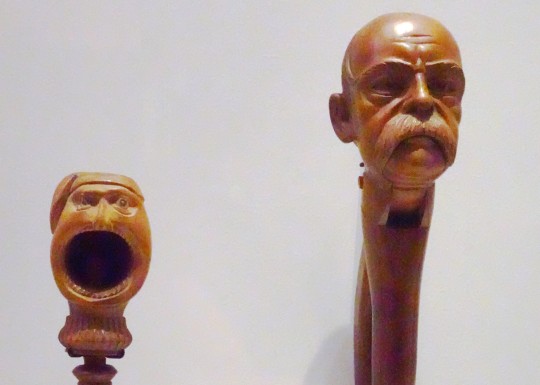
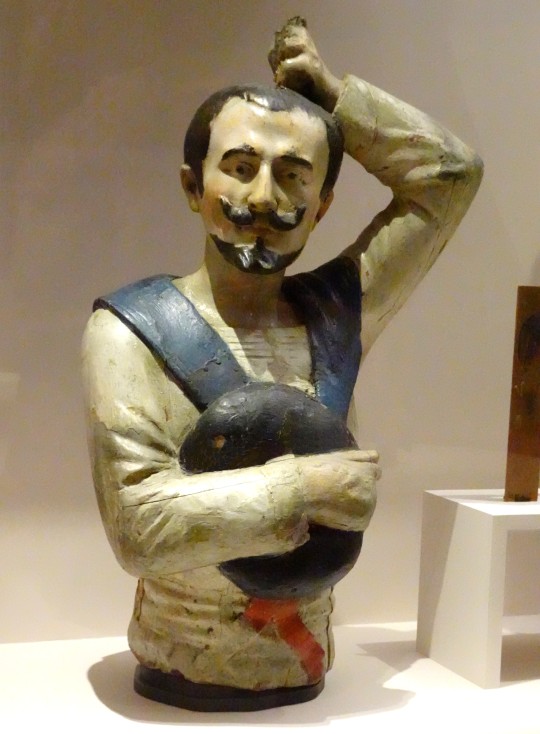

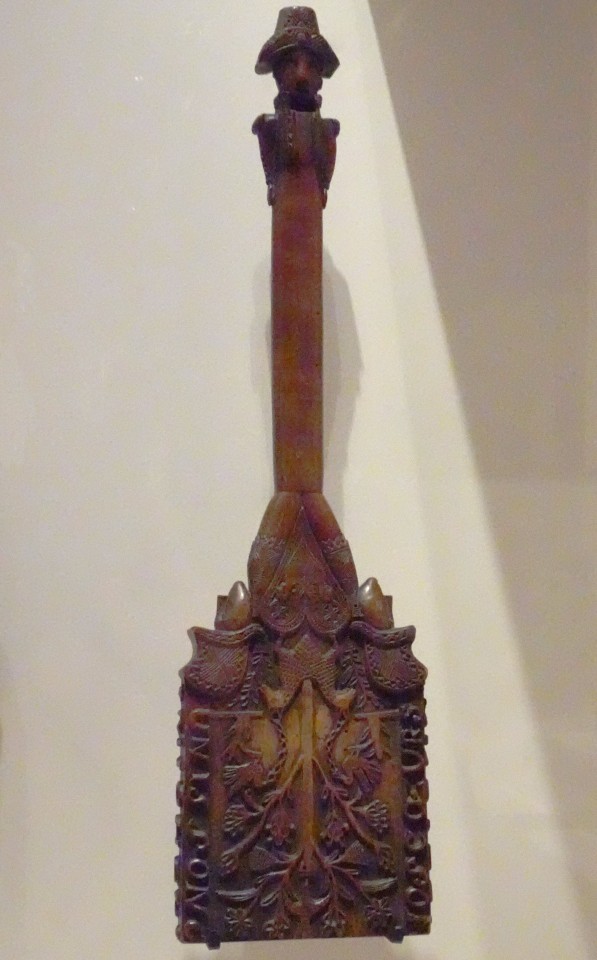
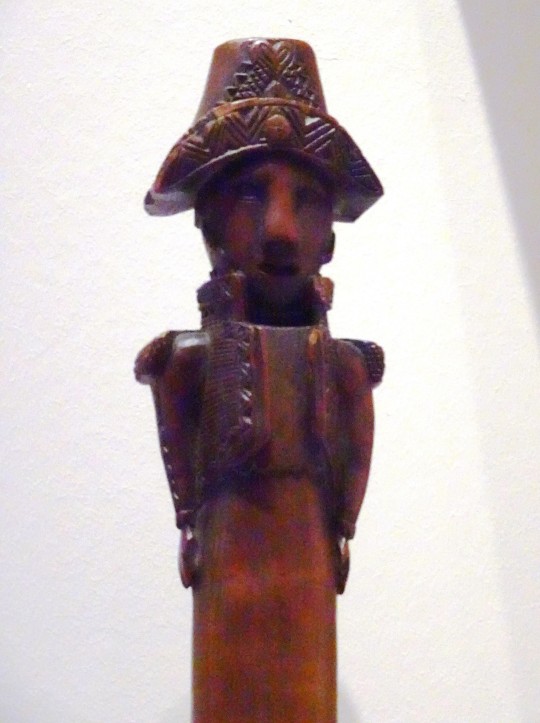
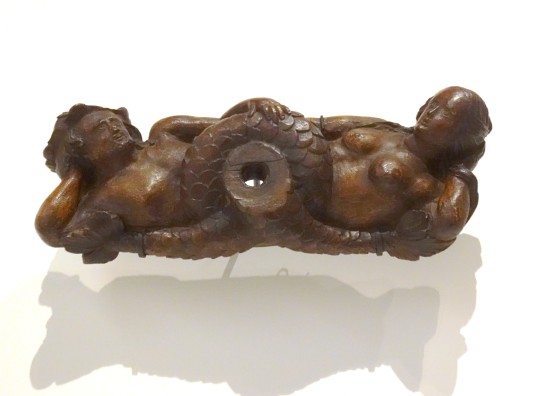
Marseille, le MuCEM et sa nouvelle collection permanente (à mes yeux, bien plus intéressante et mieux présentée que la précédente…)
Suite (et fin ?)
casse-noix - tête, France début XXe s. ; tête de Bismarck, France XIXe s.
décor de manège - France, 1880
les Beatles - France, 1964
battoir à linge par Michel Peigne - France, 1800
idem
barre de tonneau avec Triton et sirène - Alsace, XVIIIe s.
#marseille#MucEM#casse-noix#moustache#bismarck#otto von bismarck#manège#beatles#battoir#battoir à linge#sirène#triton#tonneau#alsace#the beatles
7 notes
·
View notes
Text

When you want to fool the whole world, tell the truth.🤥
Otto von Bismarck
2 notes
·
View notes
Photo

21 notes
·
View notes
Text
Es gibt kaum ein Wort heutzutage, mit dem mehr Mißbrauch getrieben wird als mit dem Wort frei. Ich traue dem Wort nicht, aus dem Grunde, weil keiner die Freiheit für alle will: jeder will sie für sich.
There is hardly a word more abused these days than the word free. I don't trust the word, for the reason that nobody wants freedom for everyone: everyone wants it for themselves.
Otto von Bismarck (1815 – 1898), German politician and statesman
63 notes
·
View notes
Text
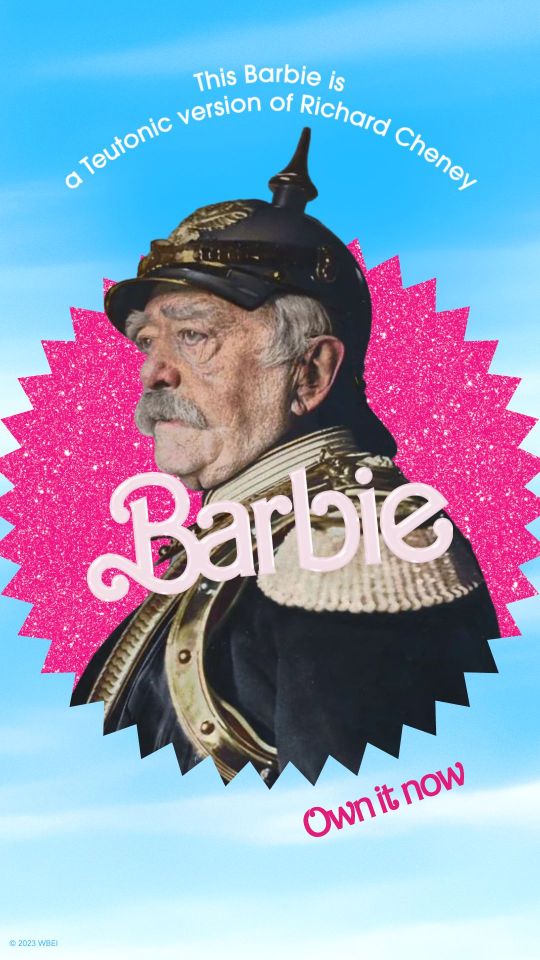
#he means what he says#otto von bismarck#history shitposting#prussian shitposting#german history#prussian history
17 notes
·
View notes
Note
What about otto von bismarck, ex chancellor of the german reich?

Otto von Bismarck has a Ryu Number of 2.
48 notes
·
View notes
Text
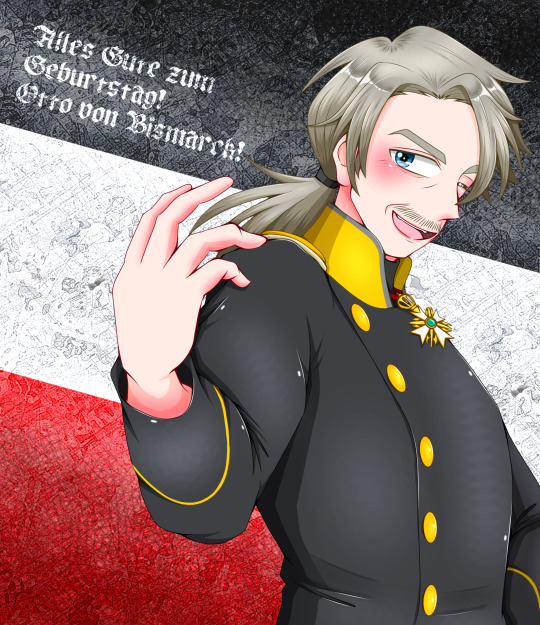
Beer!🍻🎉
14 notes
·
View notes
Text
My favorite romance trope is the politician-aristocrat duo in the 19th century, both 50+ years old, working together very closely and leaving the general public of today completely bamboozled as to how certain political decisions were made back then, because both of them were extremely stubborn and prideful and agreeing on compromises or an opinion which was not mutually agreed on in the first place does warrant that the two gentlemen in question probably had some sort of relationship other than just their workplace relationship.
8 notes
·
View notes
